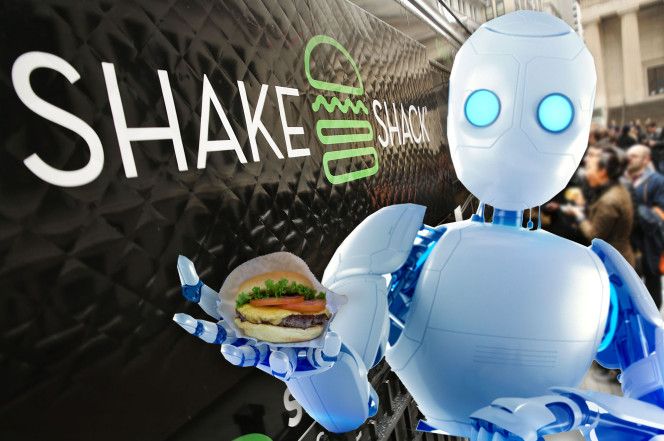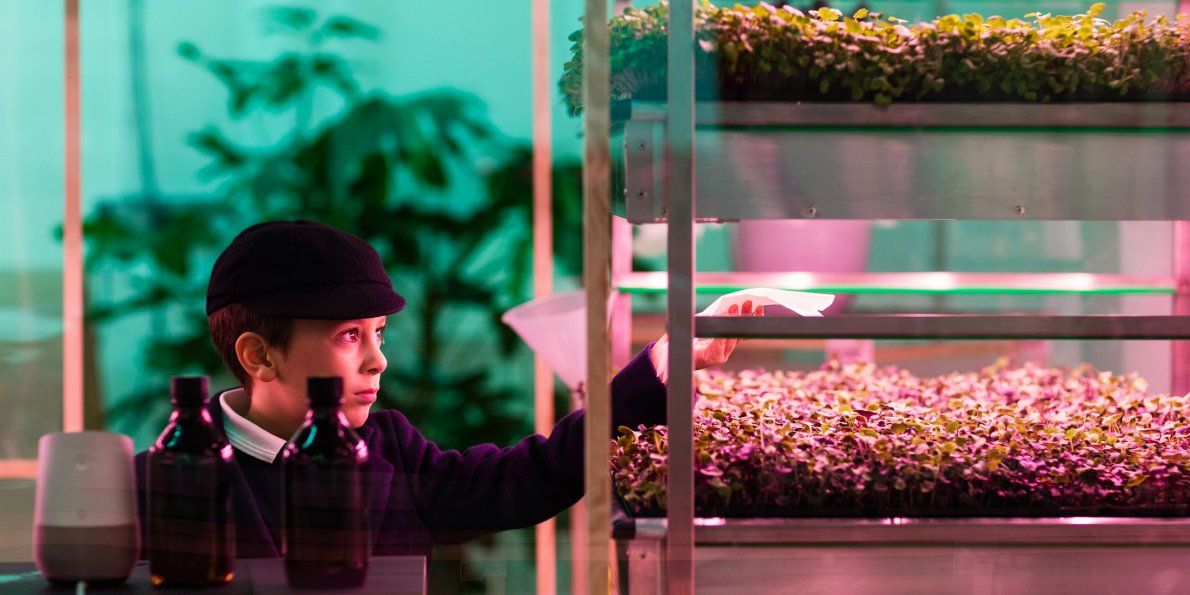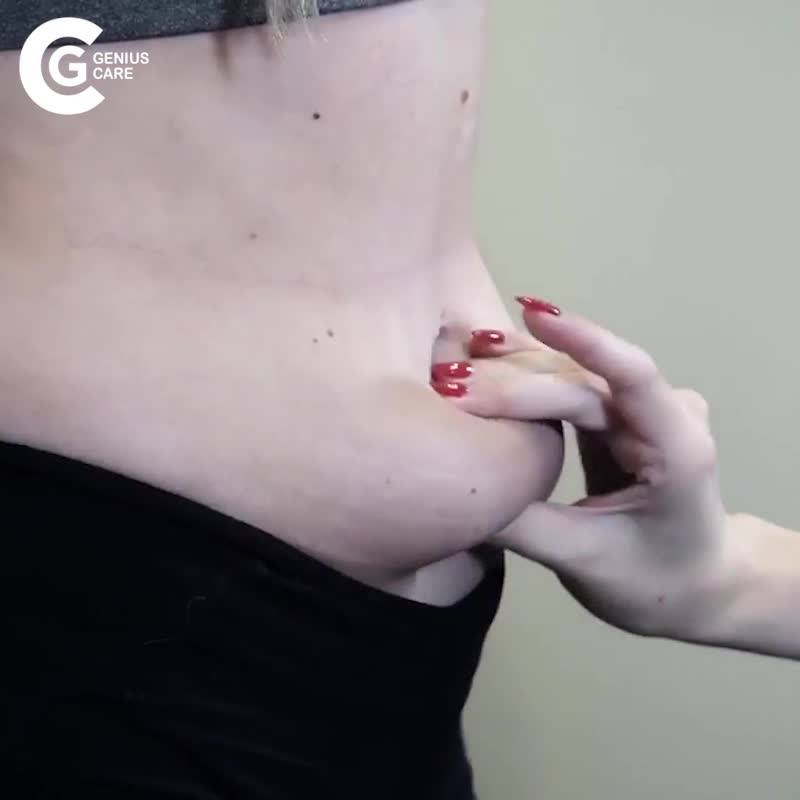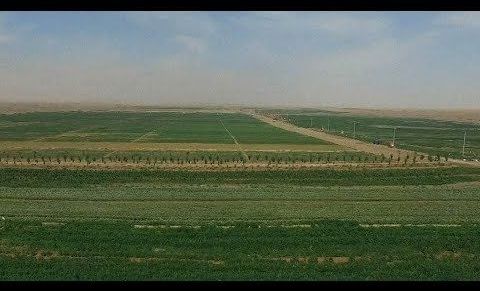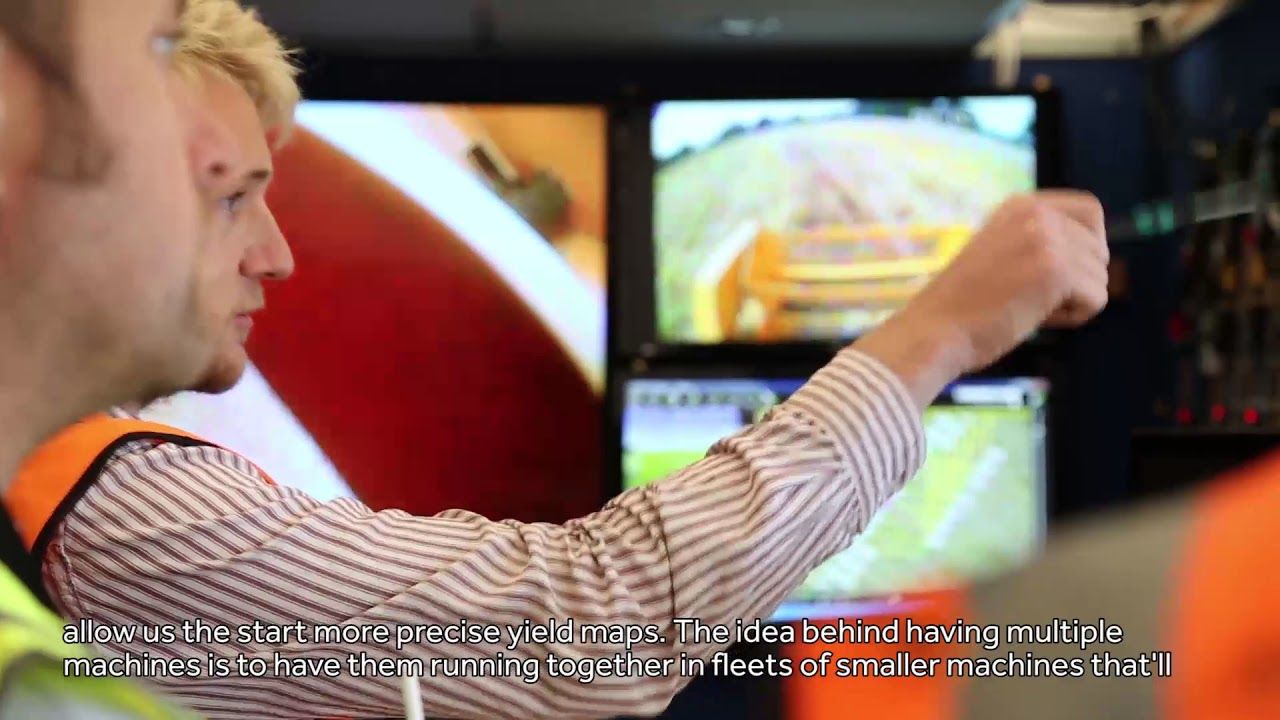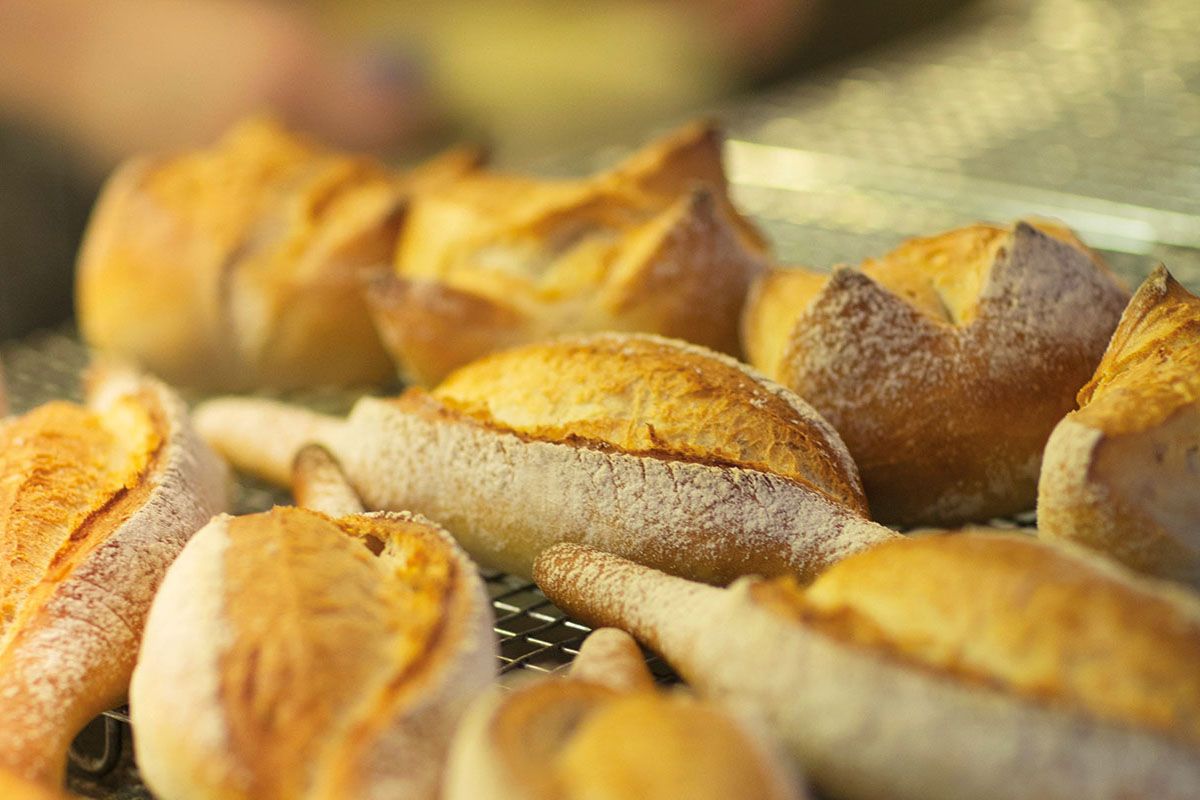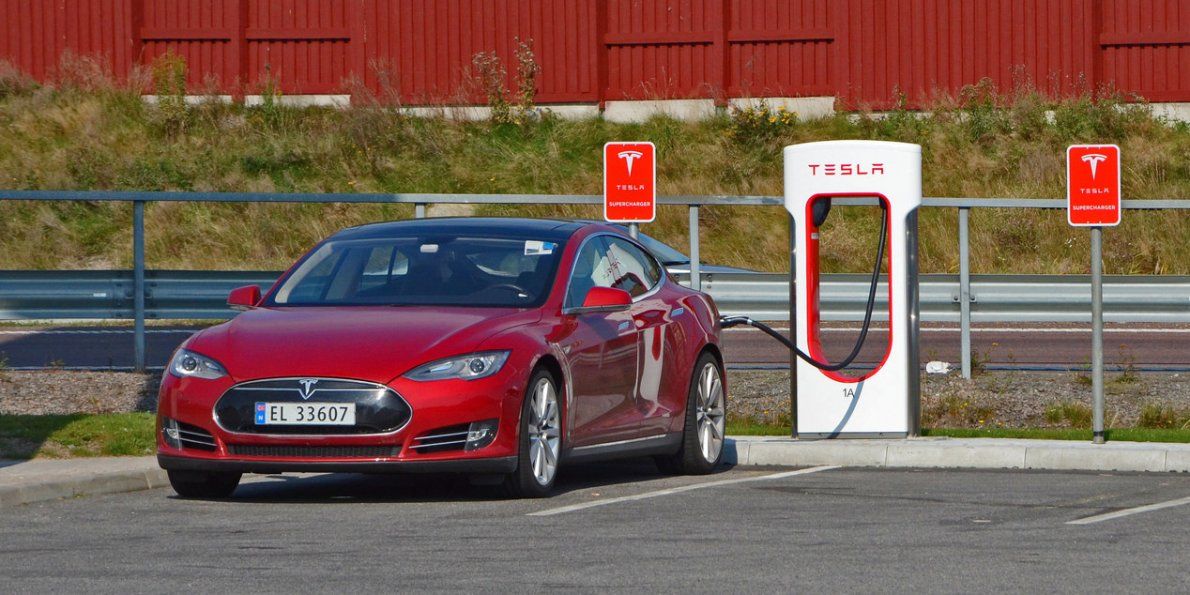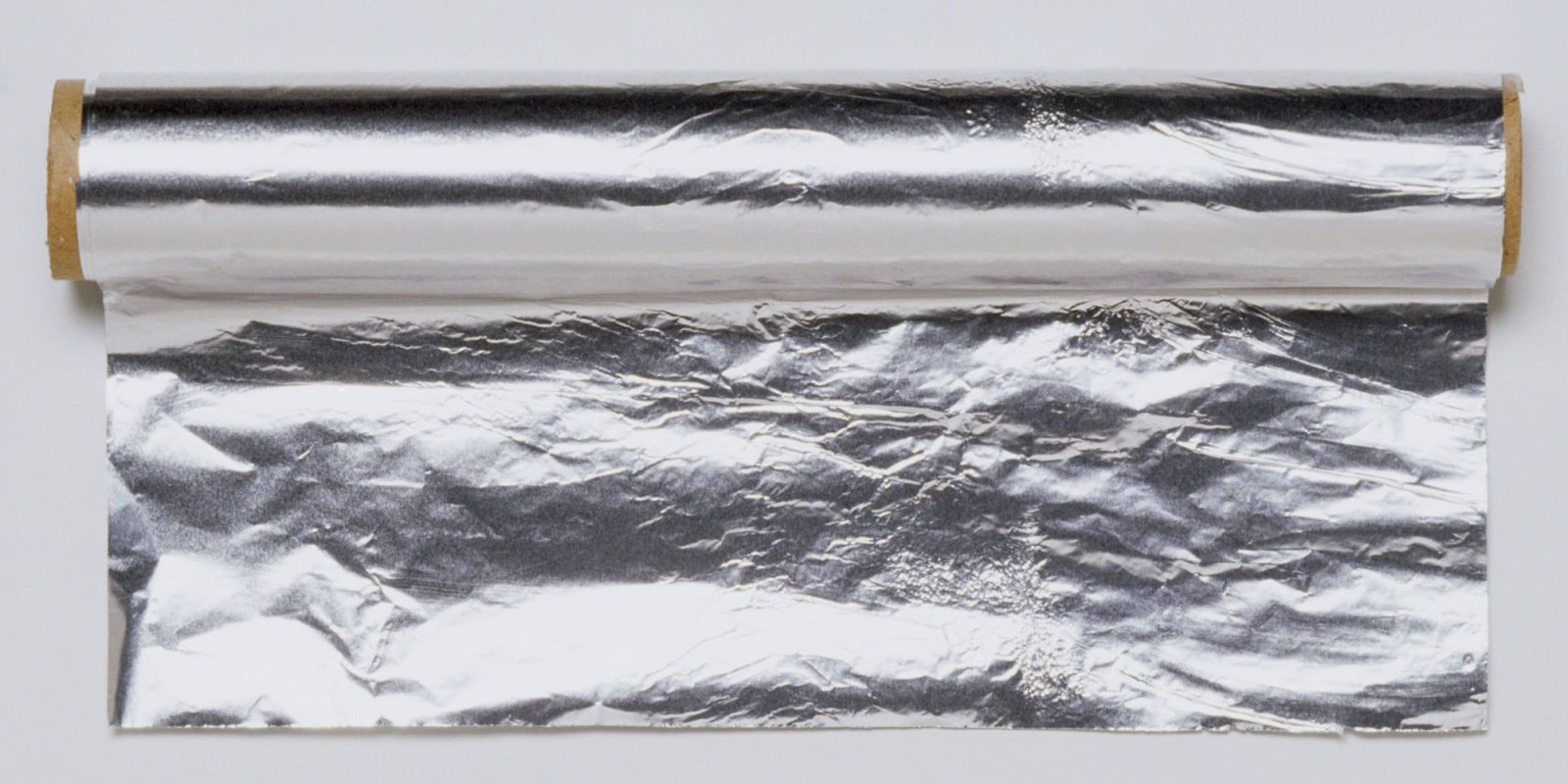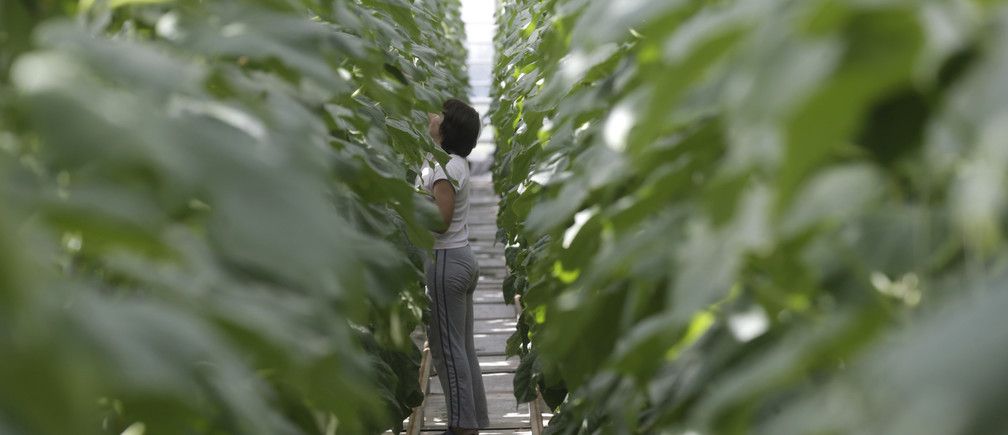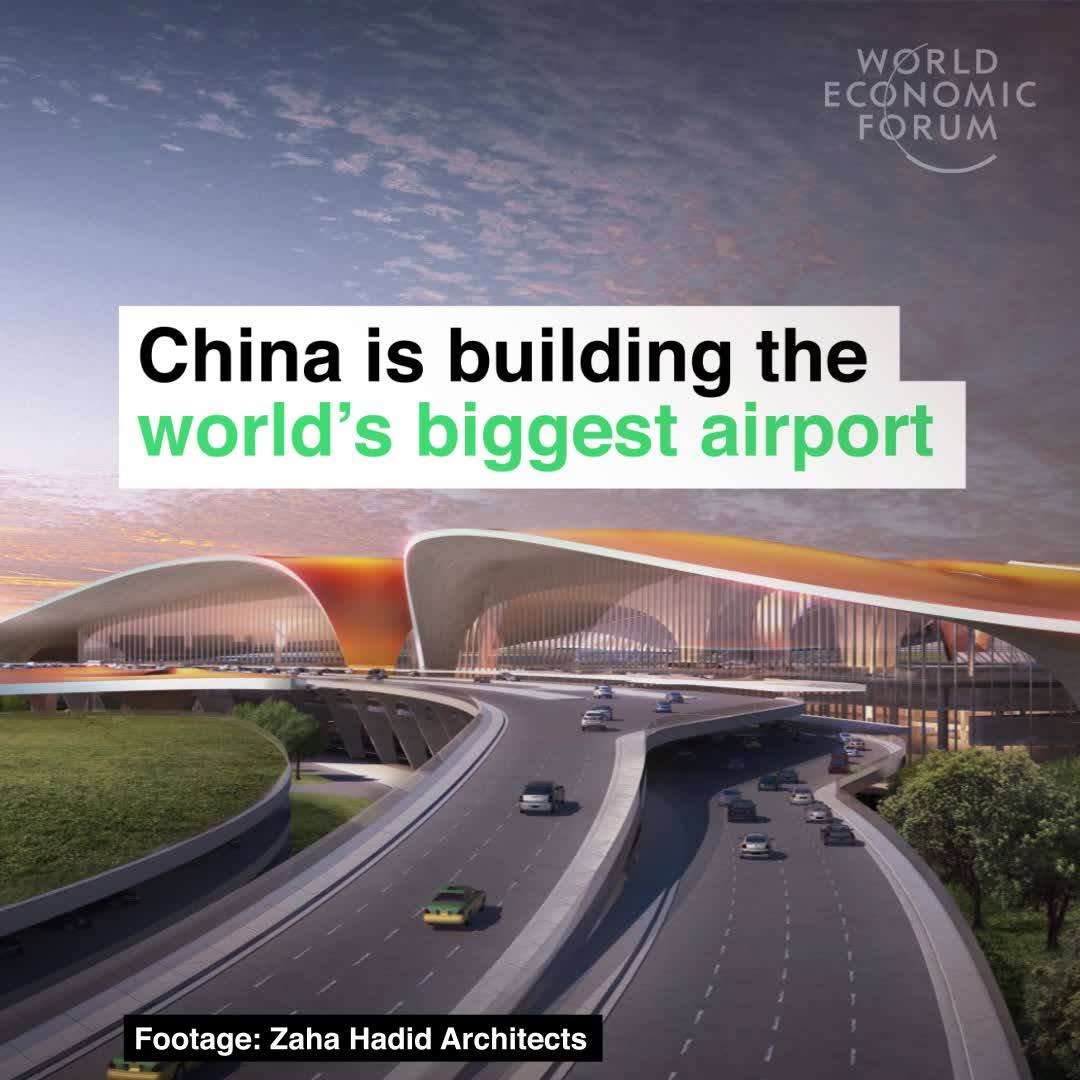It’s the future of fast food bytes in the Big Apple.
Robots will replace humans and cash won’t be accepted at a soon-to-open Shake Shack in the East Village, reps for the popular burger chain said Monday.
Customers will place orders via an app and at touch-screen kiosks inside the restaurant, which is scheduled to open an Astor Place branch later this month, according to company CEO Randy Garutti.
